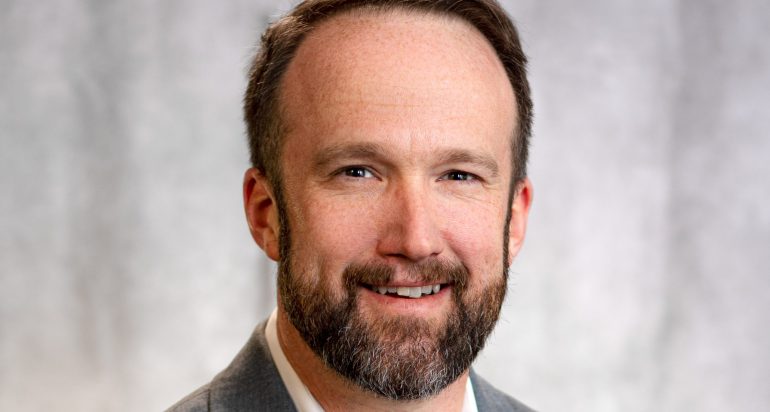Co-presented by the USC Institute for Creative Technologies, the USC Information Sciences Institute, and the USC Libraries Collective Convergence Institute
Convergent Remote Sensing
Christopher D. Lippitt, Ph.D.
Professor of Geography and Environmental Studies, University of New Mexico
Tuesday, October 3, 2023, 3 – 4 pm
Doheny Memorial Library (DML) 240 | Zoom
Remote sensing has always been driven by the problem of information deficit; first of enemy forces, then the value of timber in vast forest resources, global-scale environmental processes, and on to an ever-increasing range of environmental phenomena at myriad spatial and temporal scales. Throughout its history, remote sensing has addressed information deficits by bringing together disparate expertise around the vexing societal problem of making good decisions about how to interact with our environment.
The varied expertise required has evolved dramatically and continuously since the early days of aerial surveillance in the 19th century, driven by two perpetual forces: technology and the evolution of the challenges facing humanity, and thus the nature of the information deficit. In this way, remote sensing has always been an engine for convergence, bringing together scientists and engineers to figure out how to spy on the Soviets (i.e., Corona), keep better track of agricultural resources (i.e, NAIP) or mapping greenhouse gas emissions (e.g., GOSAT).
Today, technology and the challenges facing humanity necessitate a broadening of the tent yet again to develop a common understanding of the problem of remote sensing of information beyond NADIR and near-NADIR mapping. Using a modified version of Tuckman’s (1965) model of group Development, the development of remote sensing as a field of inquiry is analyzed through the lens of author affiliation in prominent remote Sensing journals and used to infer possible pathways forward.
Dr. Lippitt is a geographer and remote sensing scientist who specializes in the integration of remote sensing into decision support systems. He serves as the Director of the UNM Center for Advancement of Spatial Informatics Research and Education (ASPIRE). He has supported myriad federal and state agencies design and test remote sensing-based spatial decision support systems. He has founded 3 previous companies; including one producing the first commercially available end-to-end drone-based mapping system in the U.S (2007). His scholarly work includes co-invention of several patents, 70+ peer-reviewed academic journal articles, $15m+ in sponsored research funding as Principal Investigator, and publication of a seminal text on the use remote sensing derived information for time-sensitive decision support, Time Sensitive Remote Sensing (Springer Press, 2015).
Date/Time
October 03, 2023 @ 3:00 pm - 4:00 pm




